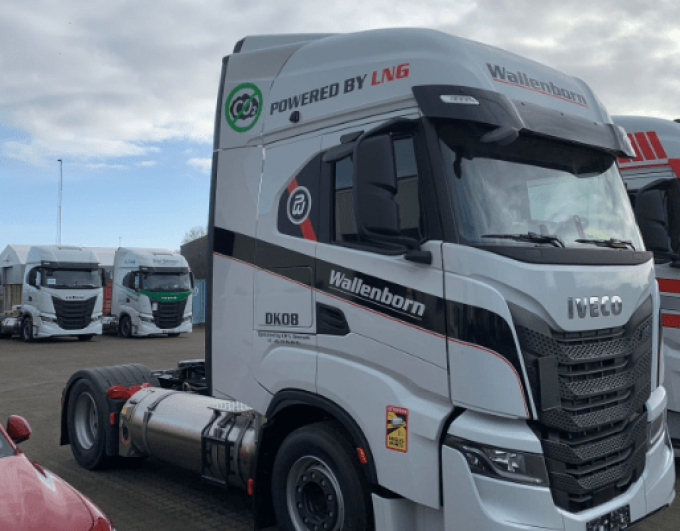Video footage shows moment of impact between Solong and US tanker
Video footage has emerged of the collision between the containership Solong and US tanker Stena ...

Plans to decarbonise UK road freight will only succeed if the government properly engages with authorities across Europe and industry associations.
Commercial director at Wallenborn Transports Jason Breakwell says he agrees with calls from the Road Haulage Association (RHA) for a decarbonisation road map, adding that any success will be measured by the “degree of engagement” with all stakeholders.
He told The Loadstar: “Standards will require strong engagement with the EU, as most commercial vehicles in the UK are designed, developed and manufactured in ...
Amazon pushes into LTL for small package fulfilment and UPS does a u-turn
New senior management for DSV as it readies for DB Schenker takeover
Volumes set to 'fall off a cliff' as US firms hit the brakes on sourcing and bookings
Asian exporters scramble for ships and boxes to beat 90-day tariff pause
Temporary tariff relief brings on early transpacific peak season
'Tariff madness' will prompt renegotiation of ocean shipping contracts
Forwarders 'allowing the fox into the chicken run' by supporting 'hungry' carriers
Response to tariffs by Chinese importers may see extra costs for US shippers

Comment on this article